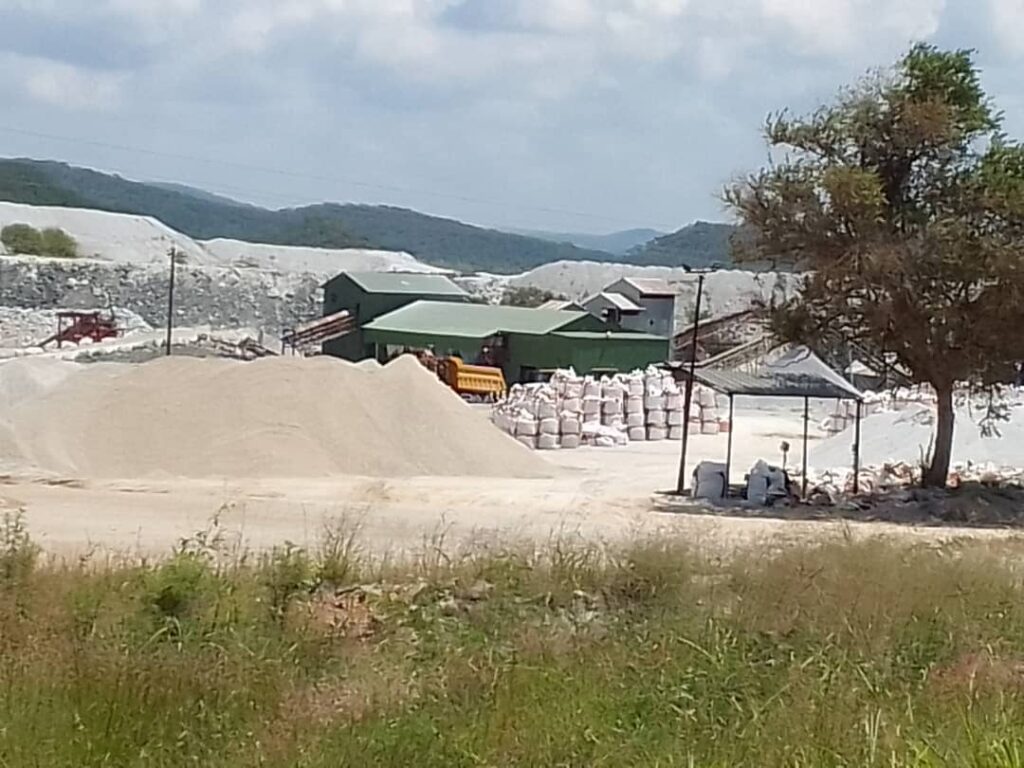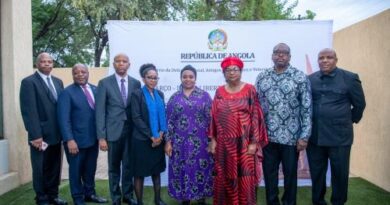Zimbabwe to Ban Export of Lithium Concentrates by 2027 to Boost Local Processing
Zimbabwe has announced that it will ban the export of lithium concentrates starting January 2027 as part of its strategy to enhance domestic value addition and maximize earnings from the country’s vast lithium resources.
Speaking during a post-cabinet media briefing, Minister of Mines and Mining Development, Winston Chitando, said the move comes as Zimbabwe ramps up efforts to establish a fully-fledged battery-grade lithium processing industry.
“The two major players, Bikita Minerals and Prospect Lithium, are in the process of constructing plants to produce lithium sulphate, a key input in electric vehicle batteries,” Chitando explained. “Because of that capacity which is now in the country, the export of all lithium concentrates will be banned from January 2027.”
The government’s shift follows previous steps to ban the export of raw lithium ore in 2022 and a 2023 directive for mining companies to develop local refining plans. While that directive was later relaxed due to falling lithium prices, the upcoming 2027 ban signals a renewed commitment to value addition.
Chinese investments have played a significant role, with firms such as Sinomine Resource Group and Zhejiang Huayou Cobalt investing over US$1 billion in Zimbabwe’s lithium sector since 2021. Other key investors include Yahua Group, Chengxin Lithium Group, and Canmax Technologies.
Zimbabwe holds Africa’s largest lithium reserves and is positioning itself as a key player in the global green energy transition, driven by rising demand for electric vehicles and battery storage solutions.



